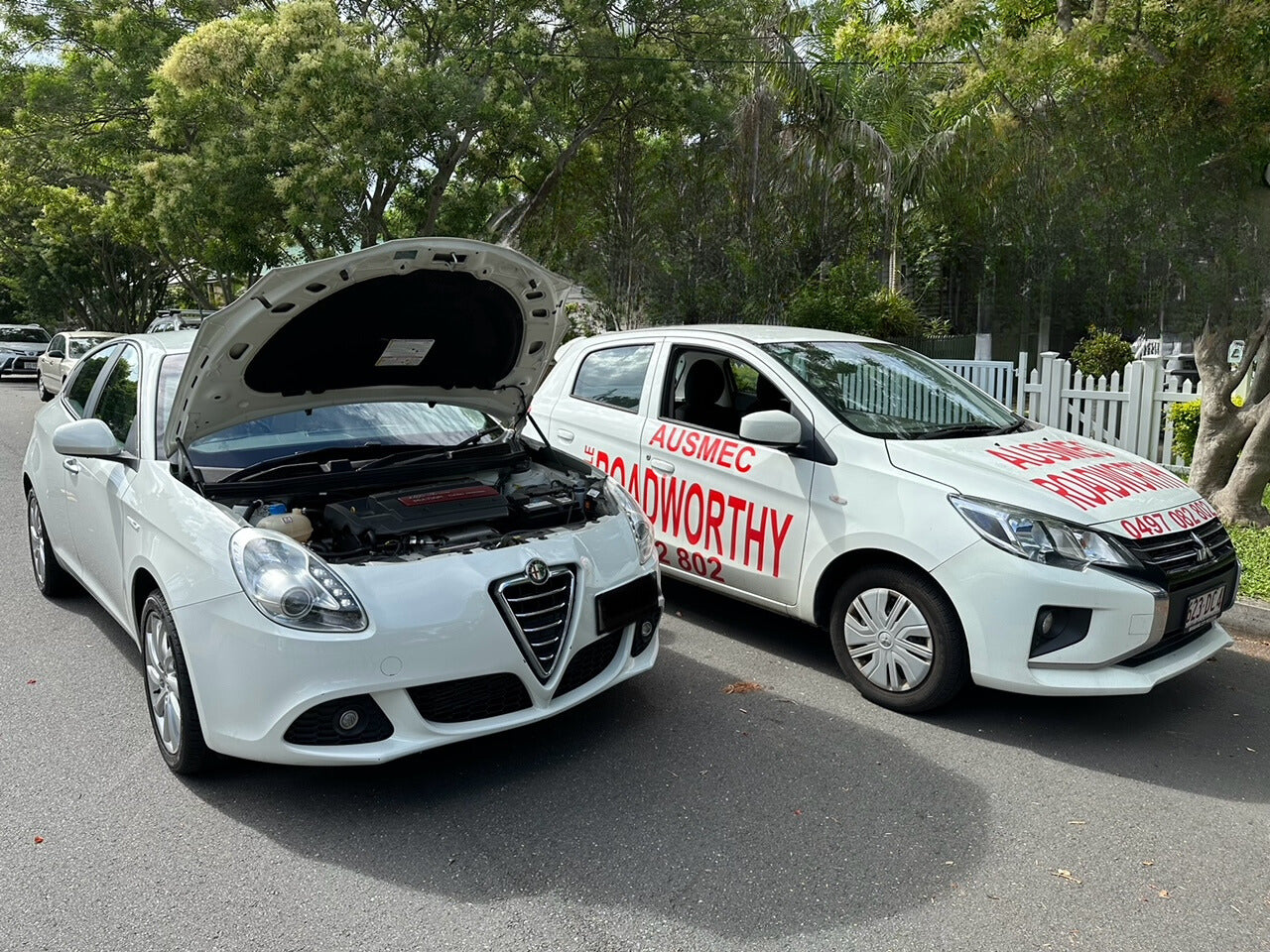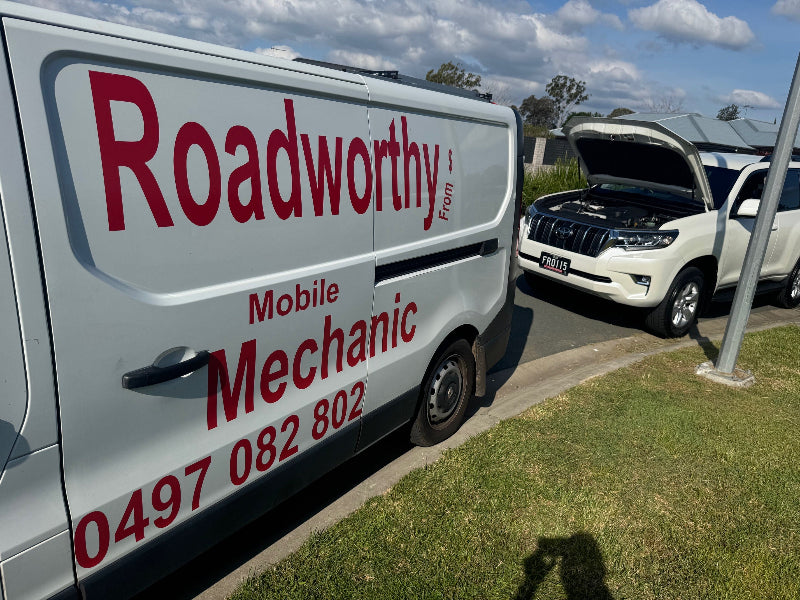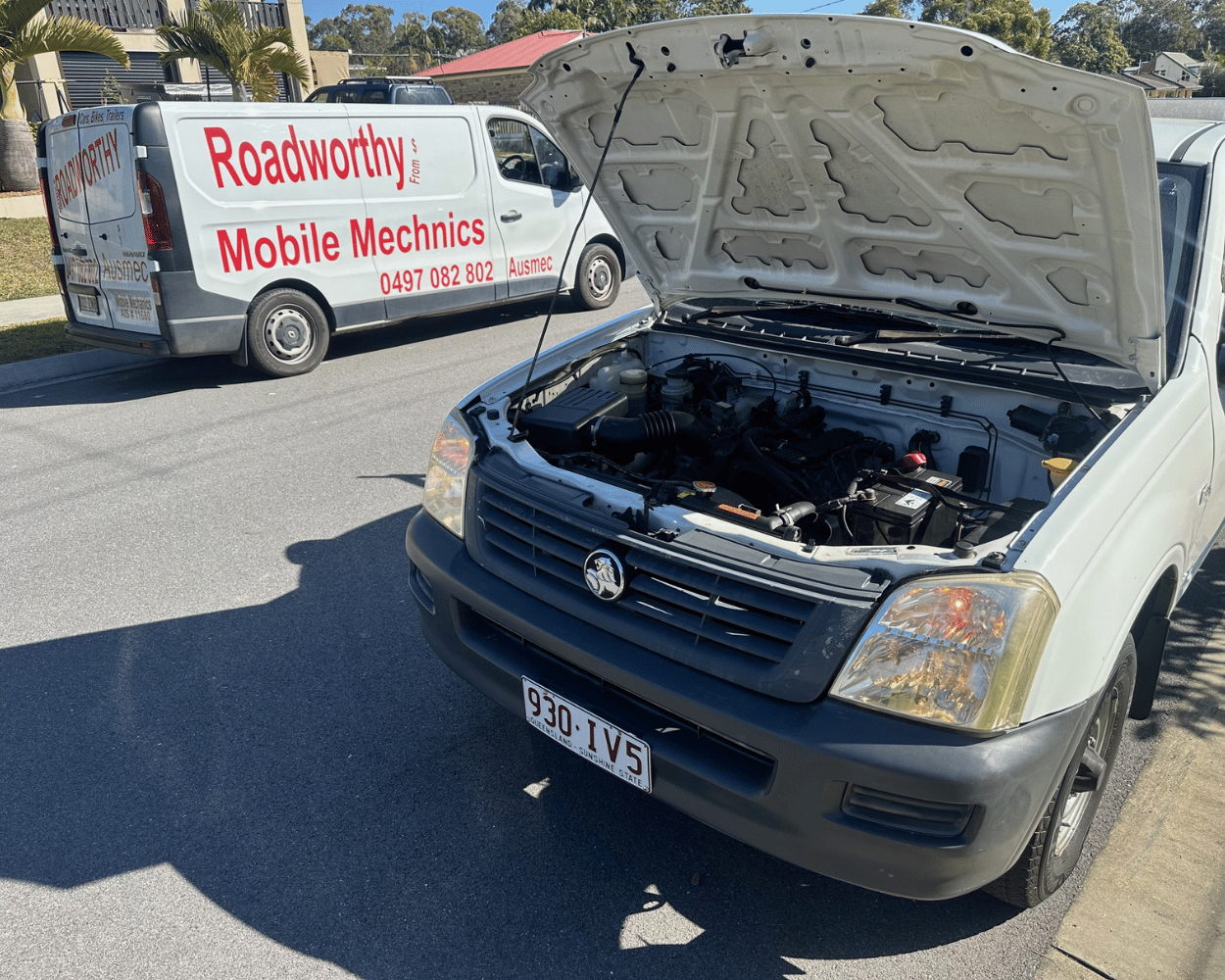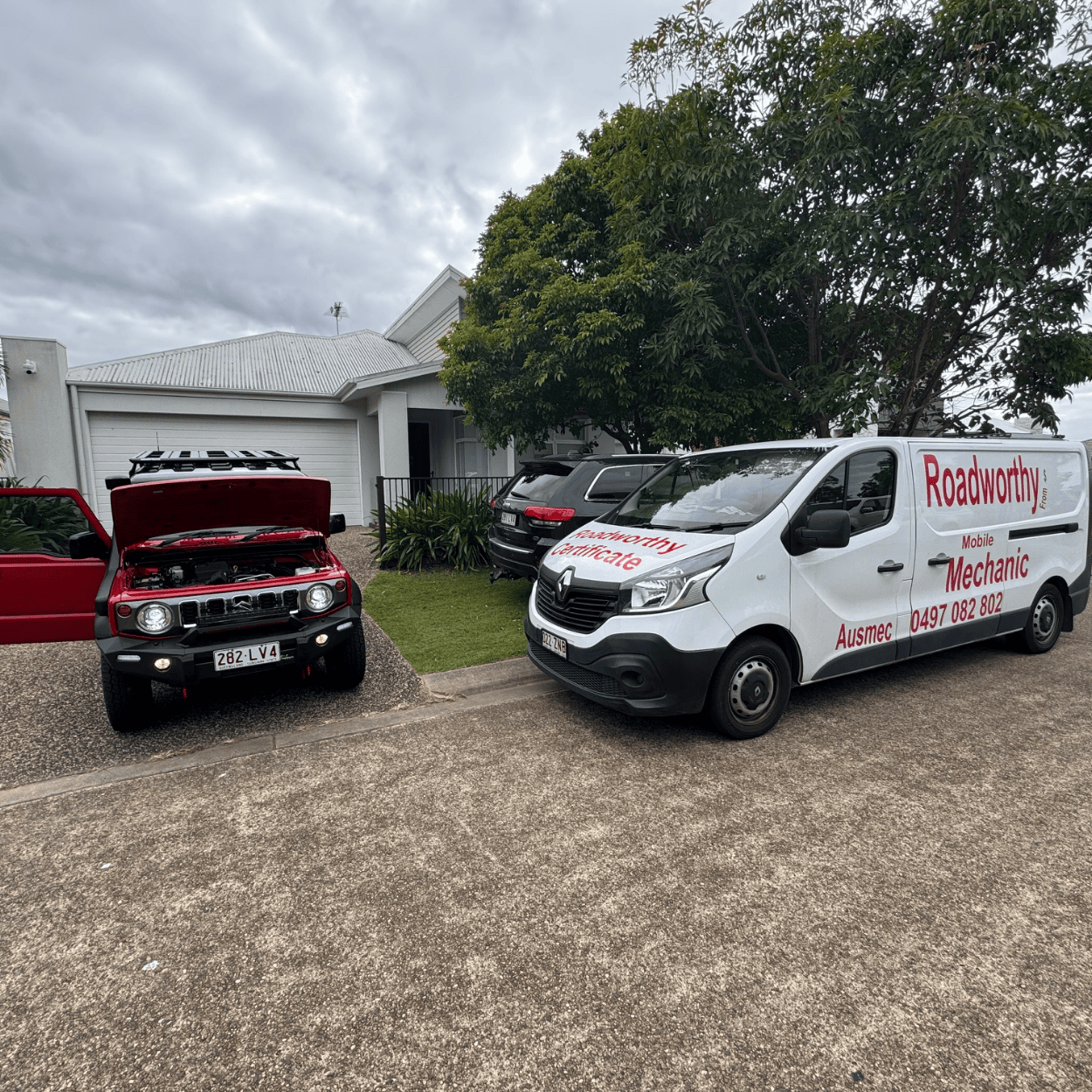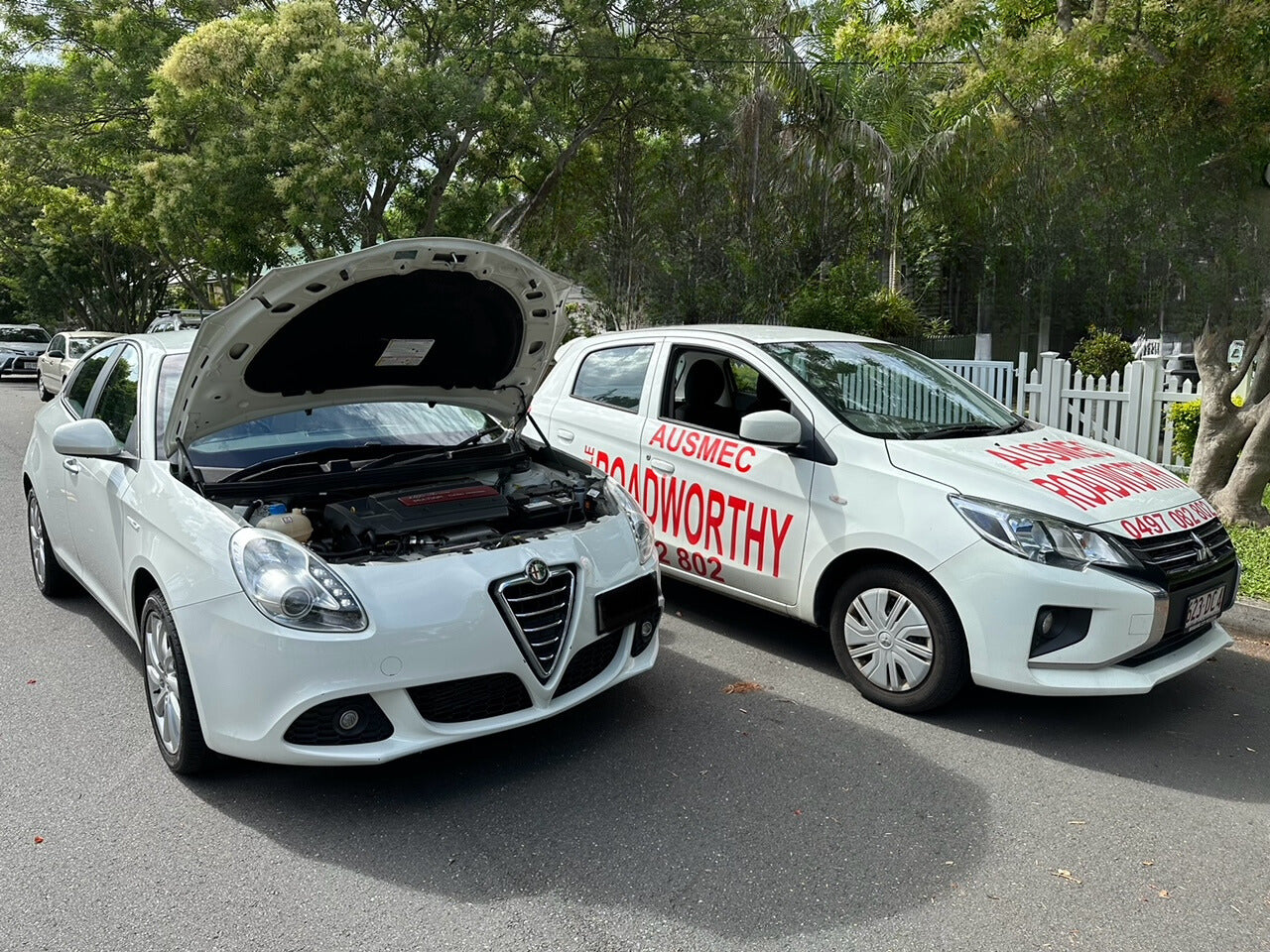Pre Purchase Inspection Used Car
Key Things to Know About Pre-Purchase Inspections for Used Cars: Your Ultimate Guide
Pre-purchase inspection: Are you considering buying a used car? If so, then a pre-purchase inspection should be at the top of your to-do list. A pre-purchase inspection is a thorough examination of a used vehicle by a professional mechanic before you make the final decision to buy. But what exactly does it involve, and why is it so important? In this ultimate guide, we'll walk you through the key things you need to know about pre-purchase inspections for used cars.
From assessing the vehicle's condition to uncovering hidden issues, a pre-purchase inspection can save you from expensive repairs down the line. We'll cover the benefits of getting a qualified mechanic to inspect your potential purchase and explain how these inspections can provide valuable peace of mind. Additionally, we'll discuss the cost of inspections, the different types available, and how to find a reputable mechanic. By the end of this guide, you'll be equipped with the knowledge to make an informed decision and confidently navigate the used car buying process.
Why are pre-purchase inspections important
When buying a used car, it's crucial to have a clear understanding of its condition. This is where pre-purchase inspections come in. These inspections are designed to evaluate the overall condition of the vehicle, identify any potential issues or hidden problems, and provide you with an objective assessment before you make a final decision.
One of the key reasons why pre-purchase inspections are important is that they can potentially save you from buying a lemon. A vehicle may look great on the outside but have significant mechanical or structural problems that are not immediately apparent. By investing in a pre-purchase inspection, you can uncover these issues and make an informed decision about whether or not to proceed with the purchase.
Another important aspect of pre-purchase inspections is that they can help you negotiate a fair price. If the inspection report reveals any issues, you can use this information to negotiate a lower price or request that the seller addresses the problems before you proceed with the purchase. This can save you money and ensure that you're not stuck with unexpected repair costs soon after buying the vehicle.
In summary, pre-purchase inspections are important because they provide an objective evaluation of the vehicle's condition, help you avoid buying a lemon, and give you leverage for negotiation.
What to expect during a pre-purchase inspection
During a pre-purchase inspection, a qualified mechanic will thoroughly examine the vehicle to assess its condition and identify any potential issues. The inspection typically covers both the mechanical and cosmetic aspects of the car, providing you with a comprehensive overview of its overall health.
The mechanic will inspect the exterior of the vehicle, checking for any signs of prior accidents, rust, or other damage. They will also inspect the interior, looking for any signs of wear and tear, as well as checking the functionality of various components such as the lights, windows, and air conditioning.
Under the hood, the mechanic will examine the engine, transmission, and other mechanical components to ensure they are in good working order. They will also check the suspension, brakes, and tires for any signs of wear or potential issues. Additionally, the inspection may include a test drive to assess the vehicle's performance on the road.
Once the inspection is complete, the mechanic will provide you with a detailed report outlining their findings. This report will highlight any issues or concerns discovered during the inspection, along with recommendations for repairs or further investigation if necessary.
Finding a reputable mechanic or inspection service
When it comes to pre-purchase inspections, it's essential to find a reputable mechanic or inspection service that you can trust. Here are a few tips to help you find the right professional for the job:
- Ask for recommendations: Reach out to friends, family, or colleagues who have recently purchased a used car and inquire about the mechanics or inspection services they used. Personal recommendations can be a valuable resource in finding a reliable professional.
- Check online reviews: Utilize online review platforms to research and read reviews about different mechanics or inspection services in your area. Look for consistently positive feedback and avoid those with multiple negative reviews or complaints.
- Verify credentials: Ensure that the mechanic or inspection service you choose is properly licensed, certified, and insured. These credentials demonstrate their professionalism and expertise in conducting pre-purchase inspections.
- Inquire about experience: Ask about the mechanic's experience in performing pre-purchase inspections specifically. Ideally, you want someone who has extensive experience in this field and is knowledgeable about the specific make and model of the car you're interested in purchasing.
Understanding the Inspection Process
During a pre-purchase inspection, a mechanic will carefully examine various aspects of the vehicle to assess its overall condition. This typically includes inspecting the engine for any signs of damage or leaks, checking the transmission for smooth operation, examining the brakes for wear and tear, and evaluating the suspension and steering components. The mechanic will also inspect the electrical systems, including the lights, wipers, and air conditioning, to ensure they are functioning properly. Additionally, a thorough inspection will involve checking for any signs of previous accidents or body repairs.
Negotiating Based on the Inspection Findings
One of the advantages of a pre-purchase inspection is that it gives you the opportunity to negotiate with the seller based on the findings. If the inspection report reveals any issues, such as the need for repairs or maintenance, you can use this information to negotiate a lower price. Alternatively, if the inspection report comes back clean, you can have peace of mind knowing that you are purchasing a well-maintained vehicle. In either case, having the inspection report in hand gives you an advantage during the negotiation process.
Contact form
Ausmec Mobile RWC & Mechanics
Mobile Roadworthy (Safety certificate)
Share
